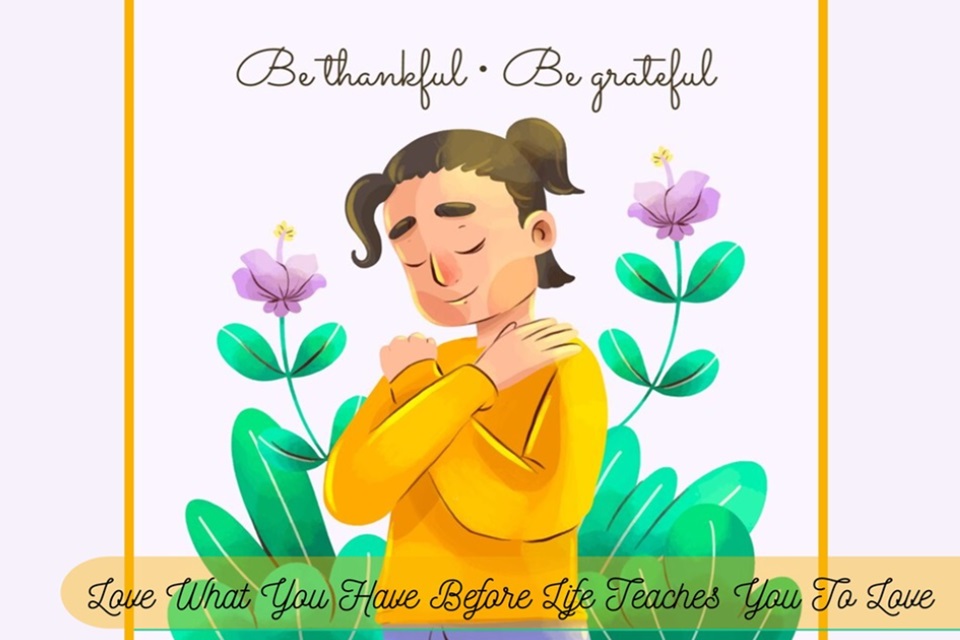Embracing The Power Of Love Before Life Teaches You: An Exploration Of Tymoff’s Wisdom
Tymoff’s quote, “Love what you have before life teaches you to love,” resonates deeply in today’s fast-paced world, where the relentless pursuit of more can often overshadow the appreciation of what is already at hand. This profound statement encourages us to value and cherish our present blessings and relationships before life’s inevitable challenges compel us to recognize their worth. To fully understand the essence of this quote, it’s essential to look into its underlying meanings and implications.
Understanding The Quote
At its core, Tymoff’s quote speaks to the concept of gratitude and the human tendency to take our existing resources, relationships, and opportunities for granted. The idea is that true appreciation for what we have often comes only after experiencing loss, change, or hardship. This reflection on love and appreciation urges us to be proactive in acknowledging and valuing what we possess rather than waiting for circumstances to shift our perspective.
The Nature Of Appreciation
Appreciation is not merely recognizing something’s value but actively engaging with it in a way that deepens our connection and understanding. It involves a conscious choice to focus on the positive aspects of our lives, such as relationships, achievements, and personal attributes. When we practice appreciation, we enhance our overall sense of fulfillment and joy.
However, the challenge lies in the fact that people often fail to appreciate what they have until it’s no longer available. This could be due to the human inclination towards desiring more or the tendency to overlook the present in favor of future aspirations. Tymoff’s quote serves as a reminder to shift this focus towards the present, encouraging us to love and value our current circumstances before life’s lessons force us to confront their significance.
Life’s Lessons In Appreciation
Life has a way of teaching us lessons about love and appreciation through its trials and tribulations. When we lose a loved one, experience a setback, or face significant changes, we often come to realize the value of what we once had. These moments can serve as powerful reminders of the importance of cherishing our current blessings.
For instance, people who have experienced health issues may come to appreciate their well-being more deeply after recovering. Similarly, those who have faced financial hardships might develop a newfound respect for financial stability and the simple pleasures of life. These experiences underscore the idea that love and appreciation are often learned through life’s more challenging lessons.
Cultivating Appreciation In Everyday Life
To embody the wisdom of Tymoff’s quote, we can take proactive steps to cultivate a habit of appreciation:
- Mindfulness: Practicing mindfulness involves being present and fully engaging with our present experiences. By focusing on the here and now, we can develop a deeper appreciation for the everyday moments that often go unnoticed.
- Gratitude Journals: Keeping a gratitude journal where we regularly write down things we are thankful for can help shift our focus from what we lack to what we have. This simple practice fosters a positive outlook and reinforces our appreciation for life’s gifts.
- Quality Time: Investing time and effort into our relationships—whether with family, friends, or partners—helps strengthen our connections and deepens our appreciation for those we care about.
- Reflection: Taking time to reflect on our personal growth, achievements, and the challenges we’ve overcome can enhance our understanding of what we truly value in life.
- Acts of Kindness: Engaging in acts of kindness towards others not only benefits them but also reinforces our own sense of appreciation and love for what we have.
The Broader Implications
The broader implications of Tymoff’s quote extend beyond personal appreciation to encompass societal values and relationships. In a world driven by consumerism and constant comparison, the message is particularly relevant. It challenges us to reconsider our priorities and to seek fulfillment through a genuine appreciation of our existing circumstances rather than through relentless pursuit of more.
By embracing the wisdom of this quote, individuals and communities alike can foster a more harmonious and contented existence. It calls for a shift from external validation to internal satisfaction, reminding us that the true essence of happiness often lies in recognizing and loving what we already possess.
Summary
“Love what you have, before life teaches you to love – Tymoff’s quote,” is a significant reminder of the value of appreciating our present blessings. It urges us to recognize the importance of what we have before life’s trials compel us to do so. Through mindfulness, gratitude, and reflection, we can cultivate a deeper sense of appreciation and contentment, ultimately leading to a more fulfilling and joyful life. By internalizing this wisdom, we learn to cherish the present and approach life with a heart full of love and gratitude.





